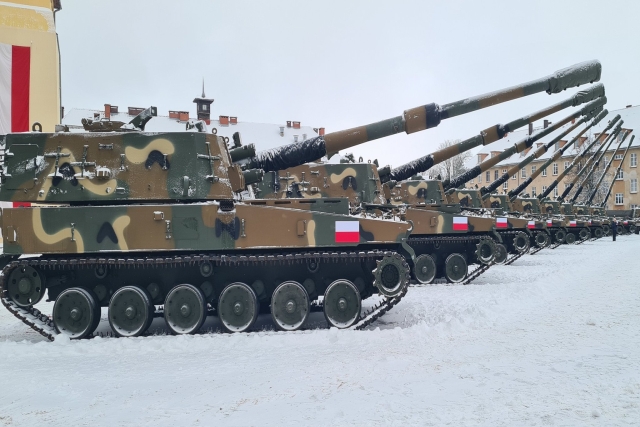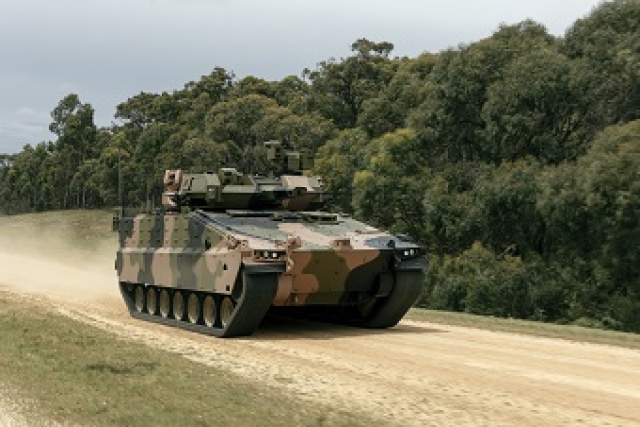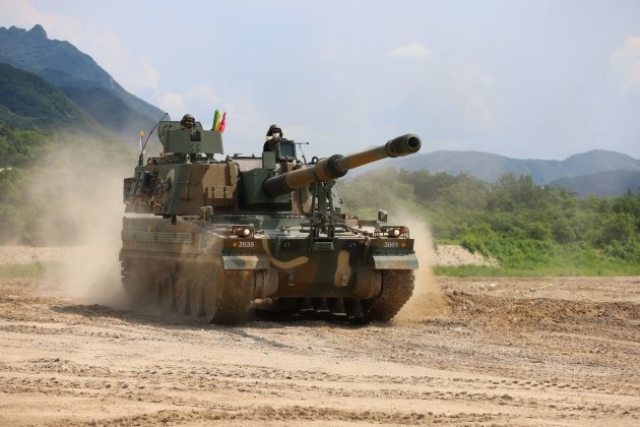Hanwha Tops World's Defense Firms in Arms Manufacture
Its production increased sevenfold, ahead of Western firms who are rushing to fulfil Ukraine orders

South Korean firm Hanwha Aerospace has emerged as the standout performer during this unprecedented surge in weapons orders, with its uncompleted orders experiencing a remarkable increase of more than seven times over the course of two years.
The ongoing conflict in Ukraine has fueled a surge in demand for military equipment, propelling the world's leading arms manufacturers to amass a record number of orders. The cumulative volume of uncompleted orders for 15 major defense concerns reached $777.6 billion by the end of 2022, marking a significant increase from the $701.2 billion recorded in 2020. Notably, the first six months of 2023 witnessed a further uptick, with the order portfolio surging to $764 billion.
Among the prominent global defense players benefiting from this surge are American giants Lockheed Martin, General Dynamics, and Boeing, British defense contractor BAE Systems, German multinational Rheinmetall, and South Korean powerhouse Hanwha Aerospace.
Hanwha’s uncompleted orders skyrocketed by more than seven times, soaring from $2.4 billion in 2020 to $15.2 billion at the close of 2022. Hanwha Aerospace's growth can be attributed to its involvement in orders related to the conflict in Ukraine, particularly those destined for Poland.
One notable project is the Korean K239 Chunmoo jet system mounted on a Polish Jelcz chassis for the Polish military, a collaboration emblematic of Hanwha's increasing role on the global defense stage.
In comparison, other industry leaders experienced substantial growth as well. Rheinmetall nearly doubled its backlog, rising from $14.8 billion in 2020 to $27.9 billion at the close of 2022 and further increasing to $32.5 billion by mid-2023.
The surge in global arms demand has not gone unnoticed by investors, as demonstrated by the 25% rise in MSCI's global index of the industry's shares over the past 12 months. The Stoxx aerospace and defense European stock index experienced an even more remarkable increase, surpassing 50% over the same period. Investors appear confident that heightened government spending on defense will be a lasting trend.
According to the Stockholm International Peace Research Institute (SIPRI), global military spending in 2022 increased by 3.7% in real terms, reaching a new high of $2,240 billion. In Europe, military spending has spiked significantly over the past 30 years, driven by governments replenishing national stocks depleted after providing military equipment to Ukraine.
As geopolitical tensions persist and the specter of conflict looms large, the world's arms manufacturers continue to navigate unprecedented demand, reshaping the global landscape of military production and procurement.











